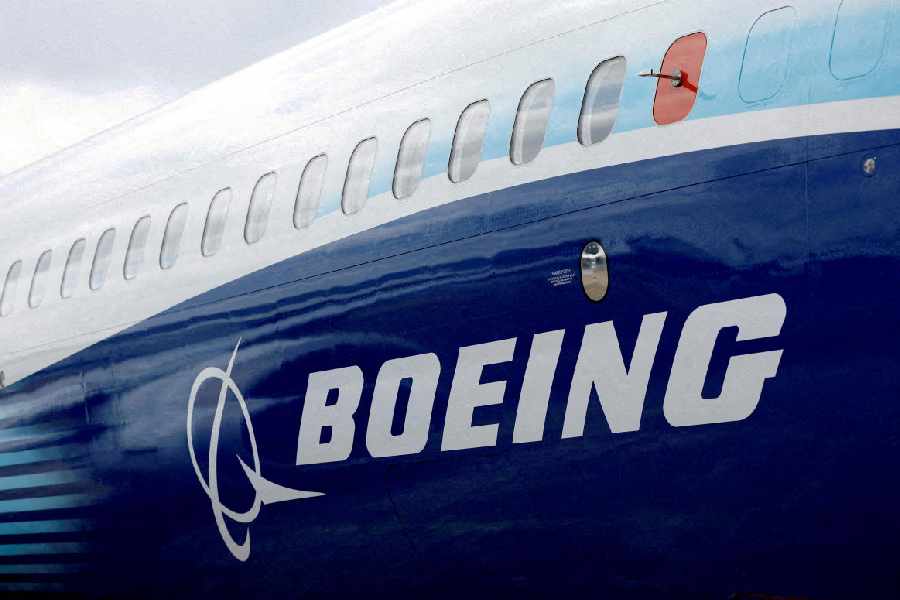Boeing is back in the headlines and, as has been customary for the past few years, for all the wrong reasons. Just when Boeing’s Starliner’s critical malfunction, which left Sunita Williams marooned in orbit, seemed like its ultimate high-profile failure, the company outdid itself. Boeing shocked everyone by pleading guilty to criminal conspiracy charges for defrauding the government regarding the fatal crashes of two 737 Max jets in 2018 and 2019, which claimed 346 lives.
This admission of guilt, rare for a company of Boeing’s stature, settles any lingering doubt about its culpability. While Boeing’s century-long history isn’t accident-free, it’s never before been implicated in knowingly employing faulty designs and poor build quality that played critical roles in fatal incidents. The 204-page US Senate Subcommittee report on Boeing’s Safety and Quality Practices reads like research notes for a Robin Cook novel adapted for aerospace. It’s a blow-by-bloodcurdling-blow account of systematic decimation of quality management systems at Boeing plants, all in the name of cost-cutting and profit-boosting. This included intimidating quality managers to abandon inspections, pressuring staff to delete records of defective parts, faking inspection records, skipping safety checks, and using scrapped parts in assembly. Internal communications revealed that Boeing was aware of the problems with the critical MCAS software implicated in accidents. Yet, it hid this information from regulators and excluded emergency handling instructions from the pilot manual to avoid additional training costs.
One might wonder if this is the same Boeing that was once globally admired for its engineering excellence and trusted for an unwavering commitment to safety. Today, Boeing employees fear putting their own families on the planes they make.
From shining beacon to dumpster fire is no easy transition. Boeing’s descent into corporate infamy was set in motion by a disastrous cultural overhaul following its merger with McDonnell Douglas in the dying years of the 20th century. Boeing fell into the snare-trap of Welchism, copycatting GE to put the shareholder-primacy dogma into practice. Jack Welch, who ruled GE for two decades, demonstrated how to maximise shareholder returns through slash-and-burn strategies: mass extermination of jobs, starving R&D, and gutting employee morale.
If Welch was the poster boy of shareholder primacy, the economist, Milton Friedman, was its high priest. Friedman famously declared, “the social responsibility of business is to increase its profits.” Anyone who thought businesses should have “responsibilities for providing employment, eliminating discrimination, avoiding pollution” was, in Friedman’s view, undermining free society. The Friedman doctrine, bolstered by his 1976 Nobel Prize, gained global traction. GE under Welch exemplified it. Post-Welch, GE’s stock plunged 80%, leading to its split into three separate corporations.
After Boeing’s fateful merger, the company has had four CEOs, all but one of whom came from the GE stable. They didn’t just take a page from Welch’s GE playbook; they followed it chapter and verse at Boeing, eroding its culture of engineering excellence and ‘safety first’ values. Even Dennis Muilenburg, the only CEO during this period from Boeing’s ranks, followed the practices of the GE-gurukul CEOs. He channelled over 90% of Boeing’s operating cash flow into stock buybacks and dividends, prioritising short-term shareholder rewards over long-term well-being. Experts who study organisational culture know that when cultural septicaemia sets in, it pulls nearly everyone into the vortex. Harry Stonecipher, another GE alumnus who post-merger became Boeing’s CEO, once arrogantly said: “When people say I changed the culture of Boeing, that was the intent, so that it’s run like a business rather than a great engineering firm.”
Bringing back the spirit of the ‘great engineering firm’ could be the only way to salvage Boeing. But accomplishing a reverse cultural transformation will be a formidable task.
Sugato Lahiry is an industrial and organisational psychologist











